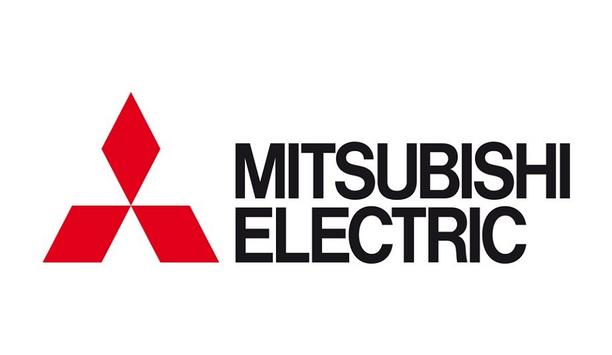The COVID-19 pandemic has highlighted the importance of Indoor Air Quality (IAQ) to the health and welfare of building inhabitants. Insufficient air filtration and ventilation has proven to increase the risk of airborne viral transmission in closed spaces.
While the need to improve IAQ has always been a public health priority, it is now an urgent necessity with far reaching economic and employment impacts. To ensure the safe operation of buildings, improvements to ventilation and air filtration systems need to be placed in focus.
Significant improvements of IAQ
The HVACR industry is calling on Governments to initiate retrofitting measures for public buildings and to provide incentives for retrofits in the private sector. The energy savings achieved with better Heating, Ventilation and Air-Conditioning (HVAC) installations will enable a return on investment within a short period of time, while improvements in ventilation has been proven to have an immediate impact on reducing exposure to airborne pathogens.
Germany recently provided funds of 500m EUR to upgrade ventilation systems in all state-owned buildings
Germany recently provided funds of 500m EUR to upgrade ventilation systems in all state-owned buildings, from offices to schools and hospitals and this measure is expected to lead to significant improvements of IAQ while stimulating the economy by providing jobs and projects to the building and ventilation industry. A similar approach in the Middle East would equally create multiple benefits for governments, the economy and society.
Cleaner built environments
Mr Tariq Al Ghussein, President of Eurovent Middle East, said: “The events of 2020 have shone a spotlight on IAQ in our built environment and this presents us with a clear opportunity for progressive change. Retrofitting in the region has historically gained traction for energy conservation reasons.”
“However, its ability to improve ventilation and the provision of safe, clean air should now become a key focus. Supported by a framework of incentivization and acceleration, retrofits could be a key driver for healthier and cleaner built environments, helping to improve energy efficiency as well as ventilation and filtration in the region.”
















